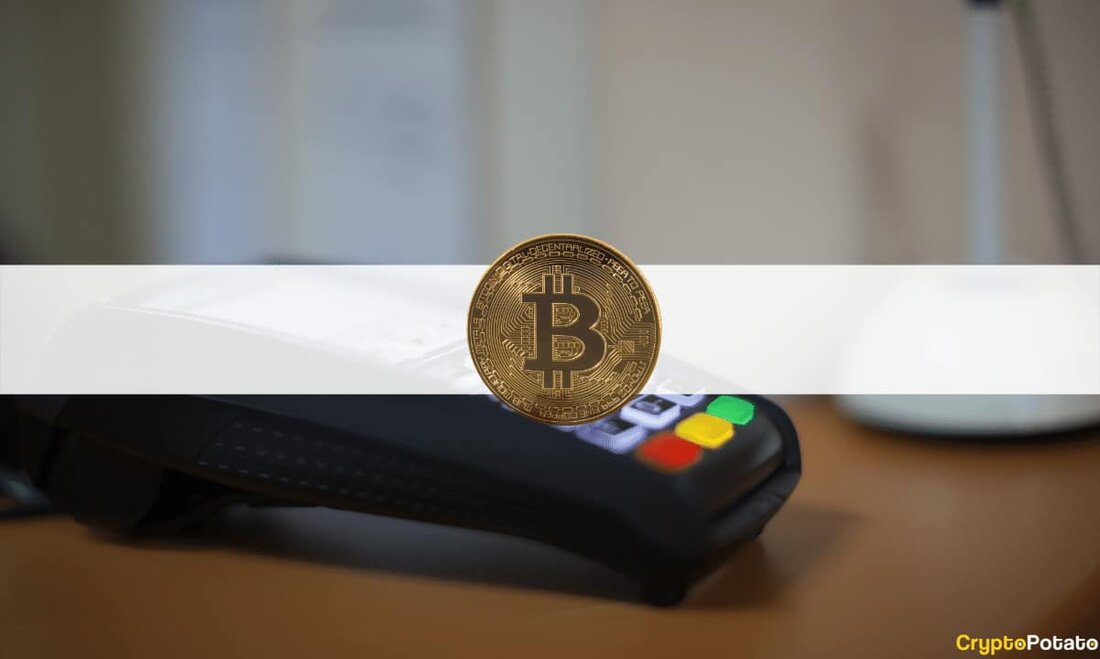50 % of payment companies see dealers who accept crypto bills within 3 years (survey)
50 % of payment companies see dealers who accept crypto bills within 3 years (survey)
A common study by Ripple and the Faster Payments Council (FPC) estimates that more than half of the managers surveyed believe that most dealers will accept cryptocurrencies as a payment method within one to three years.
Almost all participants suggest that blockchain technology will enable faster financial transactions in the near future.
crypto could change cross-border payments
More than half of the 300 questioned
Over 50 % of managers surveyed believe that the reduction in payment costs (both internationally and locally) is the main advantage of crypto.
"In particular domestic payment providers see crypto in response to transaction and processing fees-which, according to the US Chamber of Commerce, often amounts to up to 4 %. Although these providers call lower costs for cross-border payments as primary promises of value from crypto, only about half of the border Payment services today," says the study.
The vast majority of respondents (97 %) believe that cryptocurrencies and blockchain technology will play an "essential or very significant" role in enabling faster transactions in the next 36 months. They also claimed that digital assets could change cross -border bills.
The marketing company Juniper Research, based in Great Britain, supported this idea and said that blockchain technology has the potential that will increase international transactions by 2030.
"Observer should not underestimate the transformative chance here: Global cross-border payment flows are expected to reach $ 156 trillion-driven by an average annual growth rate (CAGR) of 5 %," added the analysis.
Despite the overall optimistic attitude to the possible advantages of crypto, only 17 % of those surveyed stated that they had introduced cryptocurrencies as a means of payment. The main obstacles for companies to jump on the moving train are regulatory uncertainty (87 %), limited acceptance in the industry (45 %) and concerns about customer protection (24 %). , however, Ripple said that the United States could be on the right track to determine adequate cryptocurrency rules, and outlined President Joe Biden's timetable to regulate and ensure maximum investor protection. Susan Friedman-Director of Politics at Ripple-also said that communication between the blockchain company and the US authorities recently improved: "We now have leaders in the congress on both sides of the Ganges who are committed to legislative solutions. The dialogue around crypto is much more sophisticated than two years ago", Susan Friedman-Director of Policy, Ripple.
. Only 17 % have already assumed crypto payments


Kommentare (0)